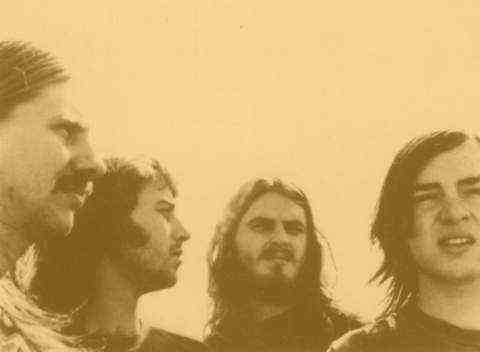
More Musical Musings:
Scott Boyer/Talks About the Capricorn Rhythm Section
Christian Rock/The Early Years
Gabrielle Gewirtz/Well Worth a Look & a Listen!
Audrey Martell/The Total Package!!!
Notary Sojac/A Pacific Northwest Legend
Bill Pillmore/Return of the Cowboy
Jess Pillmore/Among 2005's Best!
WFMU Terry Manning/Cargoe Interview
Steve Young/Rock Salt & Nails
Cargoe-Related Web Sites
Terry Manning's Label
Pseu Braun's Excellent Cargoe/Terry Manning Interview
Hideki Watanabe's Tribute To Cargoe
Terry Manning's Backstory